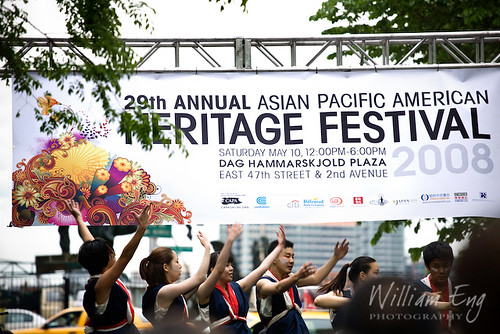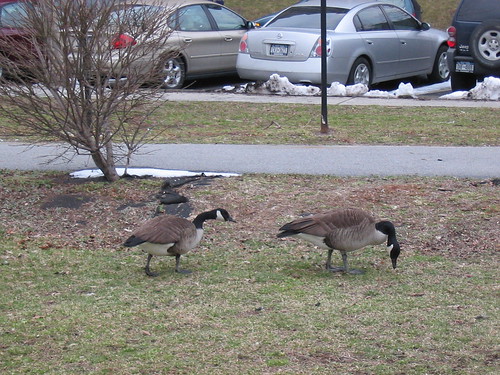On Thursday, 13 March, I was in Apna Bazar Cash and Carry, a market here in Jackson Heights, and I was surprised to hear a Hindi/Urdu version of the 1996 Egyptian song “Nûru‐l‐ʻayin” (نور العين), composed by Nasser el-Mizdawi (ناصر المزداوي). The video of the recording by Amr Diab (عمرو دياب), with the original Arabic lyric by Ahmed Sheta (أحمد شتا), can be seen on YouTube here, here, here, here and elsewhere.
The staff in the store were of no help identifying this later version for me even though they were playing it. A little research on the Internet revealed it was “Mohabbat hō nā jāyē,” a song from the 2001 Indian film Style. The Urdu/Hindi lyric, according to the Indian Movie Directory and Bollywoodlyrics.com, is by Abbas Tyrewala.
The switch from Arabic to Urdu/Hindi was not only a change of language but of language family, from Afro-Asiatic to Indo-European, yet the first repeated word of the chorus manages to be from the same root in both. In the Arabic original, the chorus repeats “Ḥabîbî ḥabîbî ḥabîbî…” (حبيبي حبيبي حبيبي…), and in the Urdu/Hindi version, the chorus repeats “Mohabbat mohabbat mohabbat…” (محبت محبت محبت…), both of which come from the two-letter Semitic ḥ-b (حب، חב) root which refers to love. The Hebrew word for love, אהבה (ahaḇâ), may come from the same root as well even though a hēʼ (ה، ه) is where the ḥêṯ (ח، ح) should be. According to Edward Horowitz, “Sounds made in the same part of the mouth or made in the same way, tend to change with one another” (How the Hebrew Language Grew, [New York: Jewish Education Committee Press, second printing 1961], 237, also available with Google Book Search). The ḥêṯ and hēʼ are both gutturals and prone to interchange. The example he gives is the Hebrew pair מחה (māḥâ, “wipe, rub”) and נמהה (nimhāh, “was worn out”) which are from the same root despite the ḥ/h exchange (246).
Versions of this article are reproduced at webcitation.org/5eUbMEWbi and 5eUcD08Sg.
 My thoughts keep returning to my friend
My thoughts keep returning to my friend 

 Like many others, one Chinese restaurant I frequent in Jackson Heights (specifically
Like many others, one Chinese restaurant I frequent in Jackson Heights (specifically 



